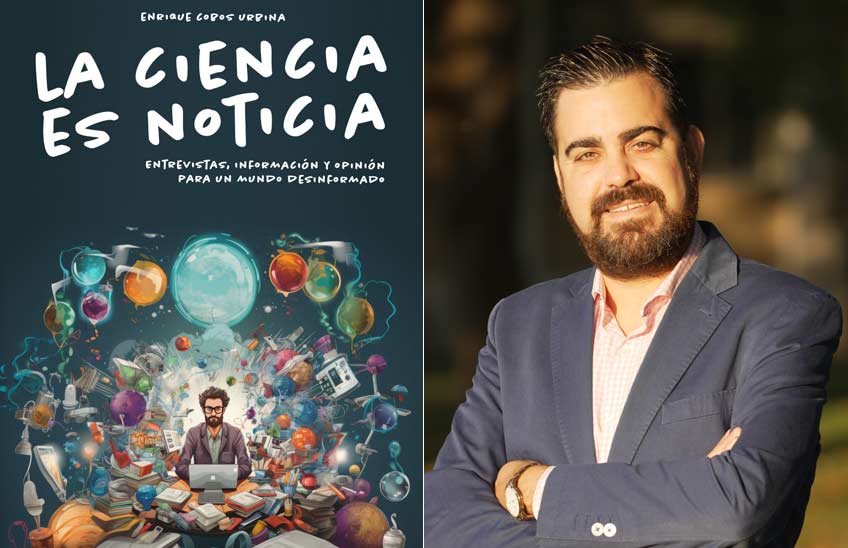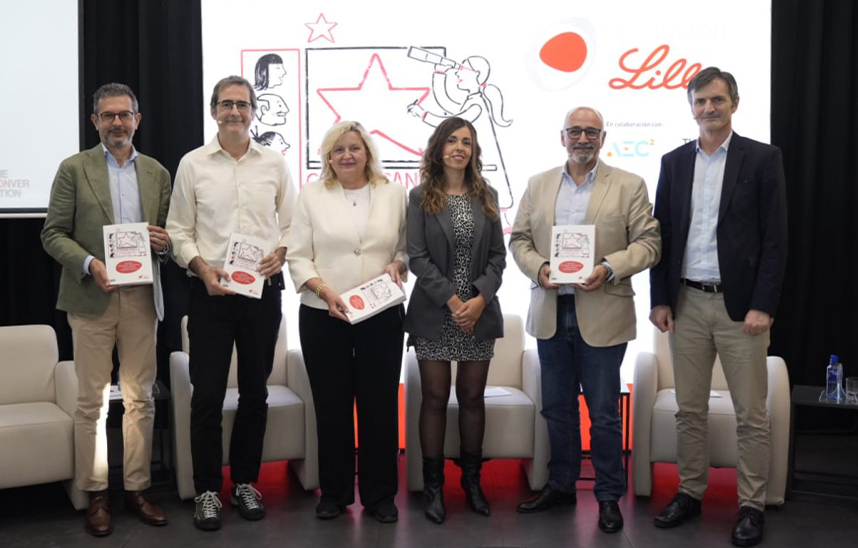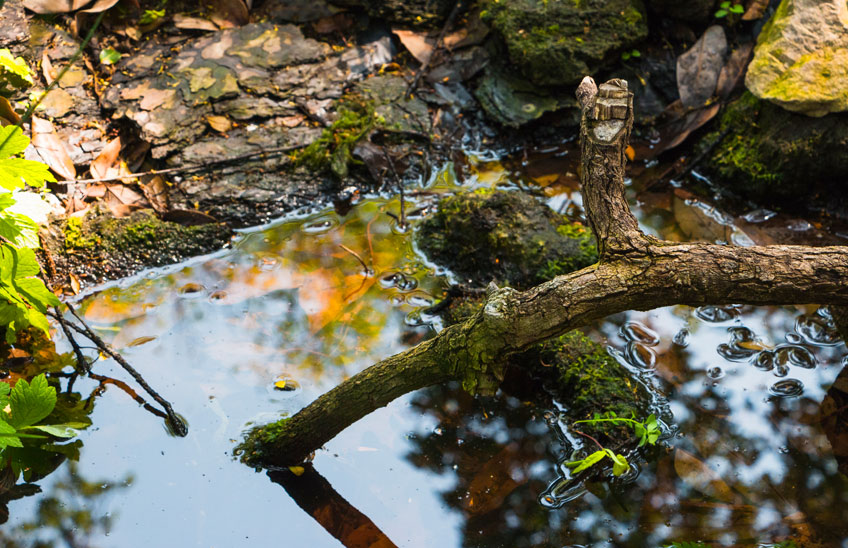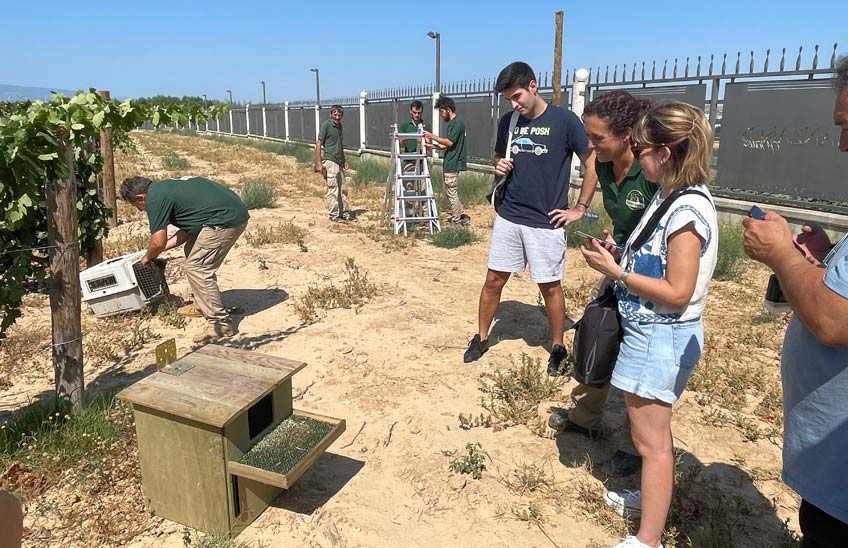"More pipettes and fewer tablets are needed in classrooms to encourage knowledge and scientific vocations."
Journalist and professor at the University of Navarra, Enrique Cobos, author of "Science is news", calls for greater investment in science.

09 | 01 | 2024
"Have you noticed that everything around you is science: the cell phone you have in your purse, the fiber of the clothes you wear, the car that brought you to work, the beer you are going to drink this afternoon or the last vaccine you had". This is what Enrique Cobos, professor at the University of Navarra and science journalist, points out in his latest book, La ciencia es noticia (Science is news).
However, despite the fact that science is a protagonist in our daily lives, "we have left it in a delicate position," according to the author. "We only remember it when we want to know how to act in the face of a chemical leak, a food contamination or when we suffer from a disease. The pandemic is a clear example of this," he says. "Scientists have been working for many years (and are) underfunded and, on the other hand, we have allowed the flight of talent to other countries. It should not come a critical episode to bet on scientific investment or to simply believe that science is important for progress and welfare."
The book La ciencia es noticia includes 10 interviews with scientists that address topics such as Nutrition, Mathematics, Nursing, Biology, Nanomedicine, Environment, Biomedicine, Chemistry and Big Data, among others. It also presents, through news, where the research of some of our young people is going, and finally, it includes informative opinion articles that shed light on current scientific issues.
The scientific knowledge as a basis for better decision making
"The lack of scientific knowledge is one of the problems of our society, which extends from Education to political decision-making," the journalist points out. And in his opinion, if society is not informed it runs the risk of being manipulated. "If we have scientific information at our fingertips and the will to learn, we will understand better why it is important to recycle, not to waste water or not to throw chewing gum or cigarette butts on the ground." The overabundance of information and the lack of knowledge dissemination are some of the causes, in his opinion, of this lack of knowledge.
To gradually create a scientifically literate society, the author describes four forces(schools, scientific institutions, experts and the media). Regarding the first, he calls for educational models that place students at the forefront of problem solving. "We need to teach them at laboratory or in the field, and provide them with techniques to come up with solutions. We have gone crazy putting new technologies in the classroom and the leap is necessary, but I am convinced that scientific vocations come more from pipettes than from tablets," he stresses.
Regarding the role of the public authorities, he stresses that the first thing is to recognize that countries are making progress thanks to science. Secondly, that there should be coherence in decisions and that more and more scientists should participate in them. He is also committed to investing in science and doing so in three directions: "To ensure stability in the professional degree program of our scientists and that they develop relevant research projects; to establish educational models to create a scientific culture and new vocations; and to invest in communicating scientific advances to society in an informative way".
Enrique Cobos is a science journalist and wor ks in communi cation at the School of Sciences, Science Museum and the University of Navarra, where he also teaches of Environmental Communication. Biodiversity and Environment Institute of the University of Navarra, where he also teaches class in Environmental Communication. graduate in Audiovisual Communication, Master's Degree in Radio, Master's Degree in Communication Management, PhD in Communication and MBA, has worked in several media, has writtenbooks and scientific articles on strategic communication, and has edited books on knowledge dissemination science.



